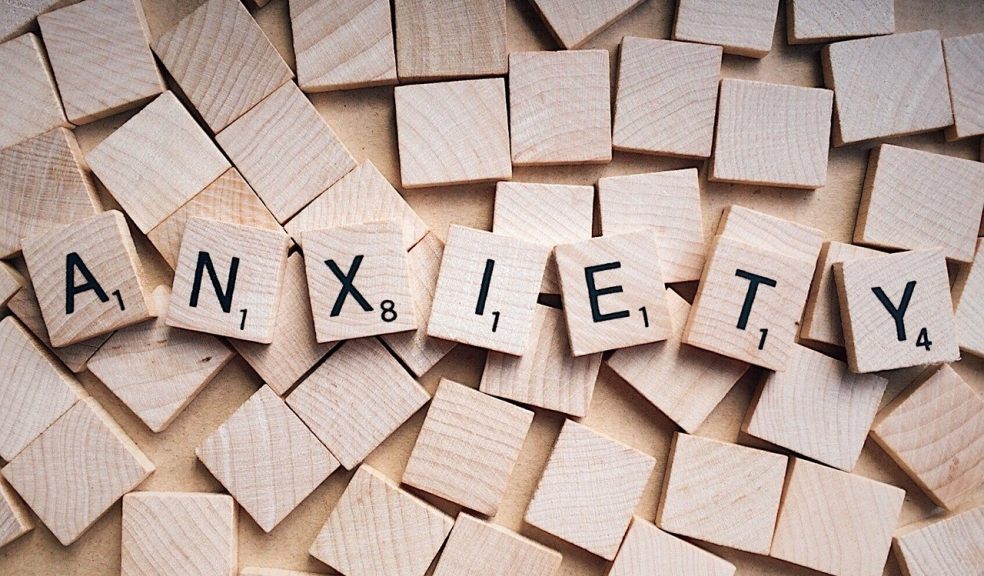
5 ways to reduce anxiety now
Even though anxiety is an entirely normal emotion, excess anxiety can be debilitating. It can leave you feeling overwhelmed, demotivated and stressed, which can have an impact on your physical health and your emotional well-being.
Sadly, anxiety levels are increasing around the world. In 2020, in particular, the on-going COVID-19 pandemic has caused anxiety levels to skyrocket, with around 19 million adults in Great Britain reporting feeling anxious.
However, there are ways to combat feelings of anxiety and the associated symptoms it brings. As well as seeking help from your GP or a professional therapist, there are a variety of self-care techniques that can help to reduce your anxiety levels. If you want to enhance your emotional well-being, take a look at these five ways you can lower stress levels and reduce anxiety now:
1. Take Action
If you’re feeling anxious about a particular issue or problem, taking action might help you to feel more in control. It’s easy to ignore problems when we feel too stressed to deal with them, but this can make us feel worse in the long run.
By assessing the situation calmly and objectively, you can identify any possible action that could be taken to resolve a problem. Many people find that writing things down helps them to address things without getting caught up in the emotions surrounding the issue. By doing so, you can determine whether there is any action you can take to solve the problem and, therefore, reduce your anxiety.
2. Be Active
Being active is great for your physical well-being but it’s also important for your emotional health too. Exercise can help you to combat anxiety and drastically reduce your stress levels. If you’ve ever noticed how much your mood improves after working out, you’ll know just how effective exercise can be.
In addition to this, exercise can also help to minimize some of the physical symptoms associated with anxiety. Stress can lead to high blood pressure, for example, but regular exercise can help you to bring your blood pressure down to a healthy level.
3. Eat Right
How you fuel your body has a major impact on how you feel, so eating well can help to manage anxiety. By cutting out caffeine, for example, you can avoid the nervous, jittery feeling that can be mistaken for anxiety and sometimes fuel panic. Similarly, eating regularly can help to keep your blood sugar stable, which can help to reduce anxiety and symptoms like dizziness and fainting.
As well as eating a healthy diet, some people find that taking vitamins and supplements helps them to feel calmer. If you’re deficient in a particular vitamin, for example, this could be causing a range of symptoms, including anxiety. By taking a daily supplement or even using high quality CBD products and goods, you can significantly reduce your anxiety.
4. Get More Sleep
When you’re feeling anxious, it can be difficult to get a good night’s sleep. When you’re not well-rested, it can make you feel more anxious. As you can see, a vicious cycle can emerge which fuels your anxiety and leads to on-going sleep problems.
By prioritizing your sleep schedule, you can minimize anxiety and allow your body to get the rest it needs. Having a sleep hygiene routine can be a great way to improve your sleep habits. By avoiding caffeinated drinks and turning off screens a few hours before you go to bed, for example, you can allow your mind to start to wind down, which will make it easier for you to fall asleep.
5. Be Sociable
If anxiety leaves you feeling on edge and overwhelmed, you may want to isolate yourself and steer clear of social interactions. However, this can actually exacerbate your symptoms and make it harder to manage your anxiety. By maintaining social connections and engaging with the people around you, you can manage stress more effectively and consistently bring your anxiety levels down.
While socialising face-to-face has been difficult throughout 2020, there are other ways to stay in touch with people. Facetime, Skype and Zoom allow you to maintain social relationships, even when it isn’t possible to spend time with family and friends.
Learning to Manage Stress
There are many ways to manage stress and reduce your anxiety levels, so be sure to try a range of self-care techniques. By finding the solutions that work best for you, you can ensure that you’re able to cope with stress effectively and avoid the discomfort that excess anxiety can bring.



















